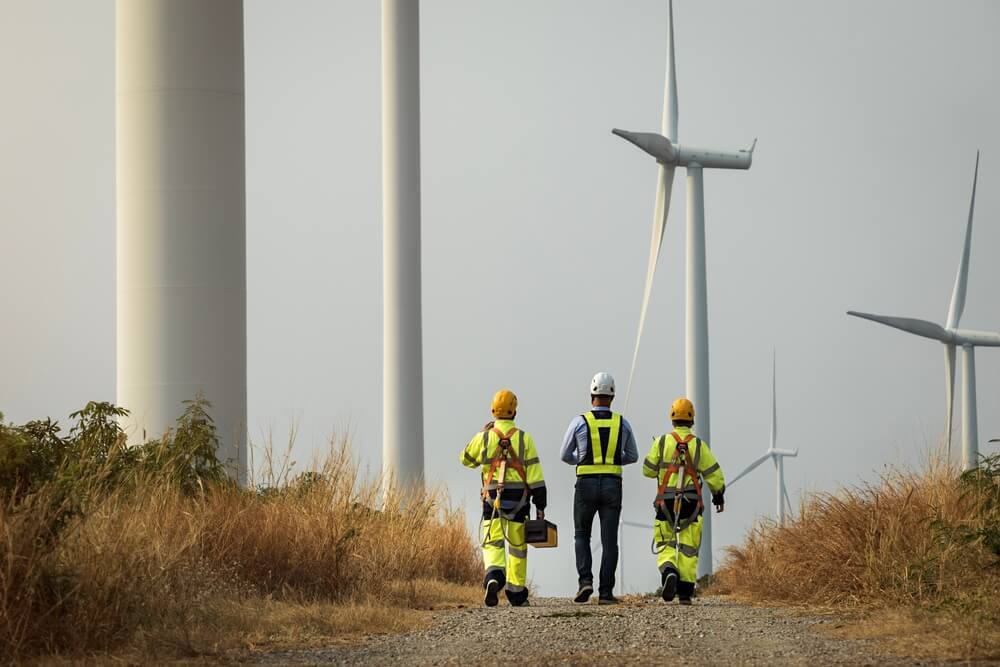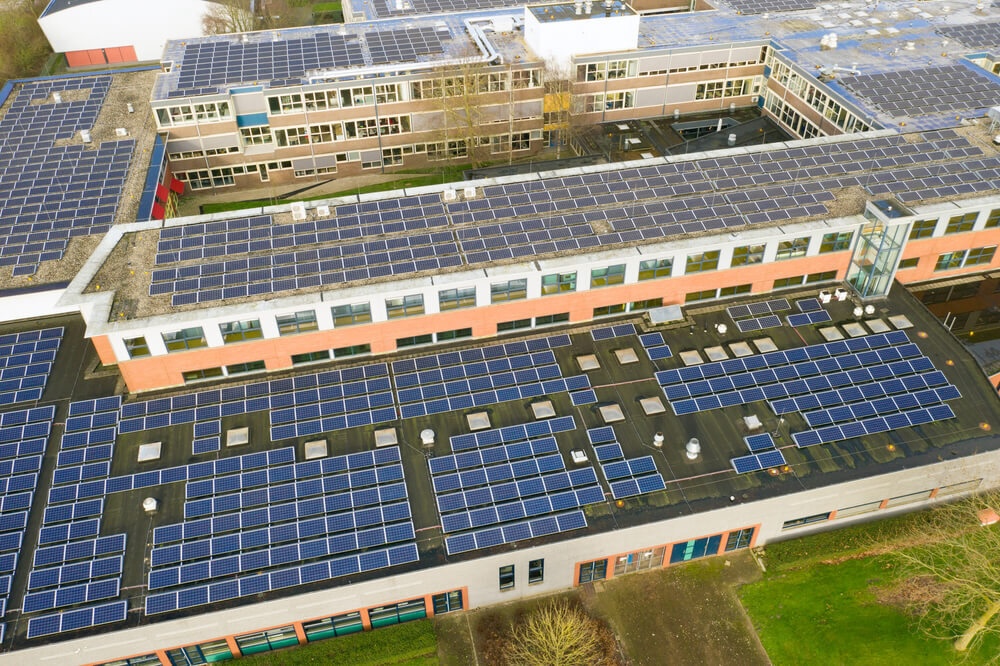Greetings, Agents of Impact!
Call No. 42: Startup financing for the rest of us. Deploying a range of alternatives to traditional venture capital, investors are backing real companies with real revenues solving real problems. From revenue-based financing to crowdfunding (er, community rounds), the explosion of alternative startup financing structures is diversifying who and what gets funded (see feature, below). Join Kim Folsom of Founders First Capital, Wefunder’s Jonny Price and other Agents of Impact to explore inclusive and non-extractive models for startup and business funding, Tuesday, May 10 at 10am PT / 1pm ET / 6pm London. RSVP today.
- Get up to speed. See “Flexible financing can help diverse founders maintain gains in a volatile economy,” by Founders First’s Kim Folsom. Aunnie Patton Power of Oxford rounds up “10 ways to redesign venture finance for a more inclusive post-COVID world.” Transform Finance’s report spotlights innovations in financing for impact enterprises in Latin America.
Featured: Returns on Inclusion
Common Future and Uncharted merge to expand entrepreneurship and wealth-building in underserved communities. Common Future, the Oakland-based nonprofit focused on economic inequality, and Uncharted, the social impact accelerator spun out of the Unreasonable Institute, are combining forces in a merger aimed at expanding economic opportunities for underserved entrepreneurs and communities. “One of the things that we’ve admired so much about Uncharted is their strength in consistently identifying new social entrepreneurs, community wealth-building ventures, and institutions that really are the lifeblood for how Common Future operates,” Common Future’s Rodney Foxworth tells ImpactAlpha. Uncharted began exploring options to boost its impact in 2020 and put Common Future at the top of a list of potential strategic partners. “Should we be focused on growing bigger ourselves, or growing more powerful with our peers?” Uncharted Banks Benitez asked his board. Uncharted’s assets and employees will be absorbed into Common Future; Foxworth will remain CEO of the combined entity.
A winner of this year’s Skoll Award for Social Innovation, Common Future is designing funds that use revenue-based finance and character-based lending to channel more capital to Black, Indigenous, rural, immigrant and working class communities (for more, RSVP for next week’s call on alternative capital). The alternative investment vehicles are “about structuring opportunities in which communities that have been most adversely impacted by economic or racial injustice have control of capital and decision making,” says Foxworth. Uncharted spun out of the Unreasonable Institute in 2017. Its accelerator cohorts have addressed issues like improving the lives of vulnerable U.S. city dwellers, childhood development, and reimagining the food system. Uncharted has worked with more than 200 social impact startups and helped them raise close to $400 million. Nonprofit mergers are relatively rare. “Uncharted is bringing its expertise of identifying, sourcing, selecting and accelerating social entrepreneurs,” Benitez says, “and putting it in a framework of Common Future’s long-term strategy.”
- Keep reading, “Common Future and Uncharted merge to expand entrepreneurship and wealth-building in underserved communities,” by Amy Cortese on ImpactAlpha.
Dealflow: Small Businesses
BUILD fund raises $60 million for small and growing businesses in Africa. The fund, launched by the U.N. Capital Development Fund and Bamboo Capital Partners, will invest in impact-focused projects led by small businesses in the least-developed countries, particularly in Africa. The fund received $60 million in commitments, including $10 million each from Nordic Development Fund and the Development Finance Corp. The Swedish International Development Cooperation Agency, with DFC, will provide $10 million in loan guarantees. Global Affairs Canada allocated $19 million in first-loss capital. Small and mid-sized enterprises in Africa face a $330 billion funding gap, according to the World Bank.
- Climate resilience pipeline. Separately, FSD Africa will invest $3.3 million in a four-year initiative with BFA Global to back high-growth startups fostering resilience in climate-vulnerable communities in Africa. A partnership between African Guarantee Fund and Ecobank will provide $2.6 million in loans for small businesses in the green economy, focusing on those led by women. And Washington, D.C.-based C-Quest Capital secured a $10 million line of credit from FMO and BIX Capital to distribute clean cookstoves to seven million households in 15 African countries by 2026.
- Share this post.
Decarbonization Partners backs alt-leather producer MycoWorks. BlackRock and Singapore’s Temasek launched Decarbonization Partners last year with a $600 million combined commitment. Its first investment: MycoWorks, a San Francisco-based company that makes animal-free leather using mycelium, an ingredient sourced from fungi, to meet growing demand from fashion brands for low-carbon leather handbags and footwear. The fund is “looking to invest in companies that have proven technology and a capacity to scale — once provided with the right capital,” said Decarbonization Partners’ Meghan Sharp. It invested in MycoWorks’ $125 million Series C round alongside Prime Movers Lab, DCVC and Mirabaud Lifestyle Impact and Innovation Fund. MycoWorks alt-leather produces one-tenth the emissions of animal leather, said Sharp.
- Sustainable materials. VitroLabs this week secured $46 million in Series A funding from investors, including Leonardo DiCaprio’s Regeneration.VC, to produce cell-cultivated leather. New York-based TomTex last month raised $1.7 million in pre-seed funding last month to create biodegradable leather using shells and mushroom waste.
- Check it out.
Dealflow overflow. Other investment news crossing our desks:
- Indian edtech venture iDreamCareer raised $1.6 million in a round led by Menterra Social Impact Fund to help underprivileged students launch careers.
- African trade tech startup Norebase scored $1 million in pre-seed financing to help businesses expand in Africa.
- Encore Renewable Energy snagged a $20 million senior loan to expand its distributed solar and storage business.
- Line secured $25 million in equity and debt funding to provide financial services, such as instant cash for emergencies, for underserved Americans.
Impact Voices: ESG State of Play
Overheard at the Milken Institute Global Conference: Mission and margins. How to understand and harness the influx of capital into ESG products was focus of this week’s 25th conference. “ESG has been discussed at pretty much all the panels at #MilkenGlobalConference. It’s now a business basic,” tweeted Hiro Mizuno, former chief investment officer of the Government Pension Investment Fund of Japan. “We now have a responsibility to improve implementation of it.”
- Social priorities. Aces and Archers’ Rachel Reilly prowled the panels for insights from investors, fund managers, issuers and community stakeholders. Finance New Orleans’ Damon Burns shared details of a green impact bond to advance climate resiliency and wealth creation for the city’s most vulnerable residents. Laura Brunner of The Port in Cincinnati recounted how the authority outbid out-of-town investors for a 194-home portfolio to protect low-income and working residents from displacement. “The playbook of reducing jobs to make a profit has been played out,” said Brightstar Capital Partners’ Andy Weinberg. “Growing jobs and growing businesses is actually the winning strategy.”
- Keep reading, “Overheard at the Milken Institute Global Conference: Mission and margins,” by Rachel Reilly on ImpactAlpha.
Reports of the death of responsible investment are greatly exaggerated. The invasion of Ukraine, like previous crises, brings renewed pronouncements of the demise of environmental, social and governance investing. ESG is shorthand for investor responsibility, Michael Musuraca and Jerome Tagger of Preventable Surprises argue in a guest post. “So long as there are investments, we will need to give thought to responsibility, from investors, the companies they invest in, and the regulatory model that sets the rule for how markets work.”
- ESG is everywhere. Finance, by choice or by accident, sanctions societal transformations, say Musuraca and Tagger. Take Elon Musk’s Twitter’s buyout. The conversation has focused not on the deal’s financial merits but on whether or not the transaction is good for society. Climate, inequality – these are ESG issues, “yet investors treat their political manifestations – including tax policies – as if they took place in a parallel universe.”
- Proactive engagement. “Each crisis reminds us that this responsibility is eminently political,” write Musuraca and Tagger. We can wait for the next crisis to question our systems and act reactively, they say. “Or we take a proactive stance and recognize that our financial system, from the way we save for retirement, to fiscal incentives, to corporate governance, is a political system with global ramifications. Pick one.”
- Keep reading, “Reports of the death of responsible investment are greatly exaggerated,” by Michael Musuraca and Jerome Tagger on ImpactAlpha.
Agents of Impact: Follow the Talent
The Shareholder Commons issued an open letter on Wednesday calling on Elon Musk to make Twitter a public benefit corporation and protect “its public square aspects, from the need for free speech to the need to identify and preclude speech that is equivalent to shouting ‘fire’ in a crowded venue”… Venture capitalist John Doerr and his wife Ann are giving $1.1 billion to establish the Stanford Doerr School of Sustainability.
Jonathan Phillips and Duke’s Energy Access Project are convening “Catalyzing climate finance for low-carbon agriculture enterprises,” with Tanya Kothari of Shell Foundation, Chiara Trabacchi of British International Investment, Rebecca Mincy of Acumen Resilient Agriculture Fund, and Tara Guelig of The Lightsmith Group, today at 10am ET.
Ben Thornley and Tideline are hosting “Investor contribution: Experiences in optimizing for impact performance,” with Steve Ellis of TPG RISE, Matthew Barry of Learn Capital, Hope Mago of HCAP Partners, Jennifer Pryce of Calvert Impact Capital, Emma Sissman of SJF Ventures, Tang Zongzhong of Baring Private Equity Asia, Wednesday, May 11.











